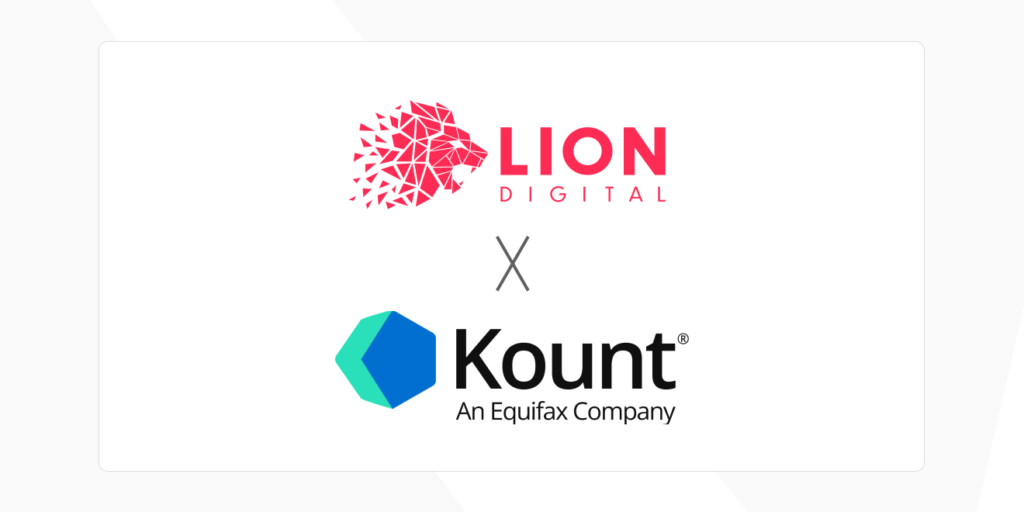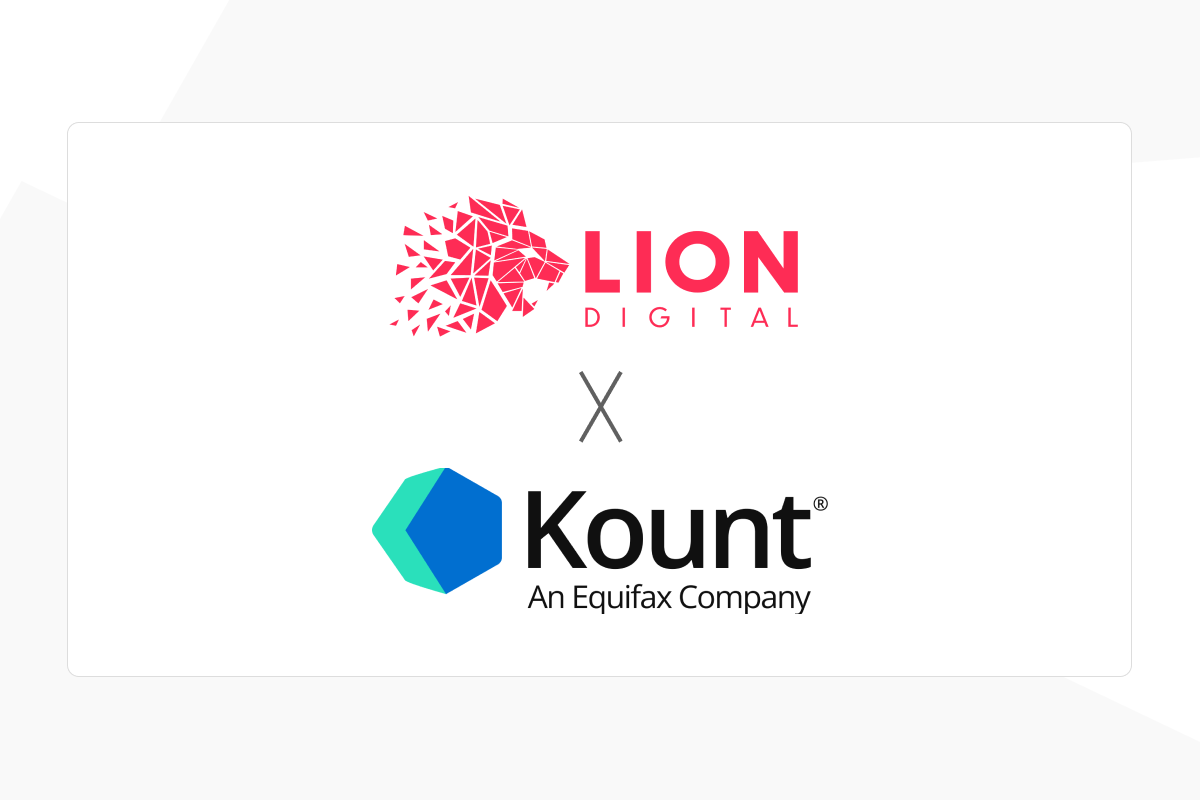
The momentum of eCommerce is evident all over the world, reaching households in both developed and developing nations and providing a bountiful playground for scam organisations. Recent fraud statistics from the Australian Payment Network revealed that Australians spent $1.055 trillion online in 2023, marking a 15.4% increase compared to the previous year.
This growth was largely attributed to contactless card payments becoming mainstream, as consumers favour contactless cards for low-value day-to-day transactions. Backing from banks and financial institutions has made contactless payments widely accepted among most retailers in Australia. However, with the surge in card transactions and continued growth in online spending, eCommerce has become a lucrative target for fraudsters. The report also noted a 35.6% increase in card fraud, totaling $675.5 million for the year.
With $73.5 billion of eCommerce revenue lost to payment fraud globally and the cost of chargebacks (or friendly fraud) set to rise to $179 billion this year, businesses must be vigilant. Data breaches caused a 79% increase in account takeovers, while friendly fraud makes up 45% of all scam payments, with some merchants claiming it’s more like 80%.
The rise in younger customers shopping online using so many methods of payment, including various devices and social media, makes them easier prey to scammers. Cybercriminals are targeting younger shoppers by creating fake accounts and using other nefarious methods as a lucrative pool to steal funds.
While the influx of online shoppers is a boon for eCommerce enterprises, it has heightened the need for quality fraud prevention. Protecting clients from scams is now a top priority for eCommerce business owners. Fake transactions and hacked shopping carts not only impact profitability but also damage brand equity, including reputation and overall customer experience.
For your valued customers, too frequently, online shopping carts provide prolific opportunities for hackers to infiltrate eCommerce websites. Skimming software is used to intercept transaction data at checkouts and payment gateways. So, it’s vital to protect the people who shop with you to foster increased customer loyalty.
In our recent article supported by our partner Kount, an Equifax company and global leader in eCommerce fraud solutions, the LION Digital team delves into the definition of eCommerce fraud. We outline its most common types, review primary prevention principles, and identify tools for detecting and preventing attacks.
DEFINITION AND TYPES OF ECOMMERCE FRAUD
The term “eCommerce fraud” refers to any intentional deception by cybercriminals or fraudsters during an online transaction aimed at financial or personal gain, which negatively impacts businesses.
There are several types of eCommerce fraud, each with its distinct characteristics and conditions:
- Credit Card Fraud: Scammers use stolen card information to purchase products or services. The merchant bears the loss since refunds to the cardholder occur after the product has shipped or services have been used.
- Card Testing Fraud: Criminals test stolen card information on websites by making small test purchases, using bots and scripts to try different data combinations, and making larger purchases when the tests are successful.
- Friendly Fraud or Chargeback Fraud: Con artists make a legitimate purchase and then request a chargeback from their bank or credit card company, claiming their account was hacked or their credit card details were stolen. Thus, they obtain a refund while keeping the purchased item.
- Identity Theft: Hackers use data breaches to steal personal data, adopt victim identities, issue credit cards in their names, and make online payments.
- Account Takeover: Cybercriminals use stolen login details to access eCommerce platforms. These details are often acquired through phishing, where fake emails or messages imitating legitimate companies trick users into entering personal and login information.
- Interception Fraud: Fake customers place orders with shipping and billing addresses that match the authorised card, then attempt to intercept and change the delivery address.
- Triangulation Fraud: Scammers create false online stores offering high-quality goods at low prices, attracting victims who unknowingly provide personal information and card details, believing they are making a legitimate purchase.
- Refund Fraud: Criminals attempt to receive a refund for their purchase by claiming the order never arrived, the box arrived empty, or items arrived with defects, often by sending junk items back or using stolen card details.
- BOPIS Fraud: Fraudsters exploit buy-online, pick-up in-store (BOPIS) services, making it difficult for retailers to detect fraud since the shipping address is typically not matched with the cardholder’s billing address.
DETECTING ECOMMERCE FRAUD
While each type of fraud has its criteria, there are common warning signs to indicate potential fraud:
- Multiple orders by the same buyer in a short period.
- Multiple payment attempts with similar data patterns.
- Payment attempts from a country different from the shipping address.
PREVENTING ECOMMERCE FRAUD
Ensure PCI Compliance
Follow Payment Card Industry (PCI) standards to guarantee secure online transactions.
Enhance Security During Peak Seasons
Increase vigilance during high-traffic shopping periods to avoid overlooking suspicious activity.
Study Chargeback Data
Analyse chargeback data to understand and address underlying issues that lead to chargeback disputes.
Educate Customers
Ensure your customers are familiar with data security and phishing, and use secure payment methods to prevent fraud.
Assess Fraud Risks for New Procedures
Evaluate potential scam threats before introducing new business processes or expanding into untried markets.
Partner with Fraud Prevention Experts
Work with trusted fraud prevention partners like Kount to protect against scams and recover losses swiftly and efficiently.
Protecting your eCommerce business from scammers is crucial for maintaining profitability and ensuring a positive customer experience. By understanding the types of fraud, being vigilant for alert behaviours, and implementing preventive measures, you can safeguard your business and customers from cybercriminals.
Kount: eCommerce fraud prevention that is easy, effective, and accurate









